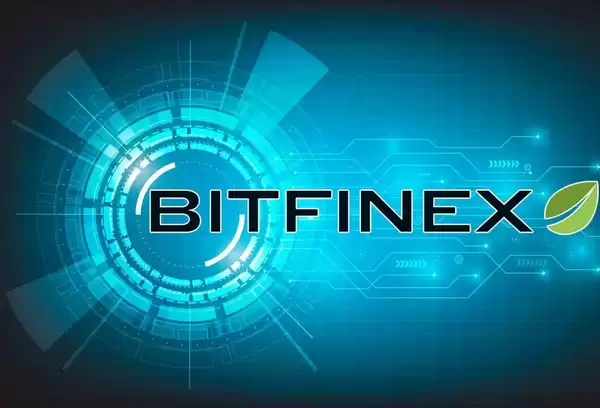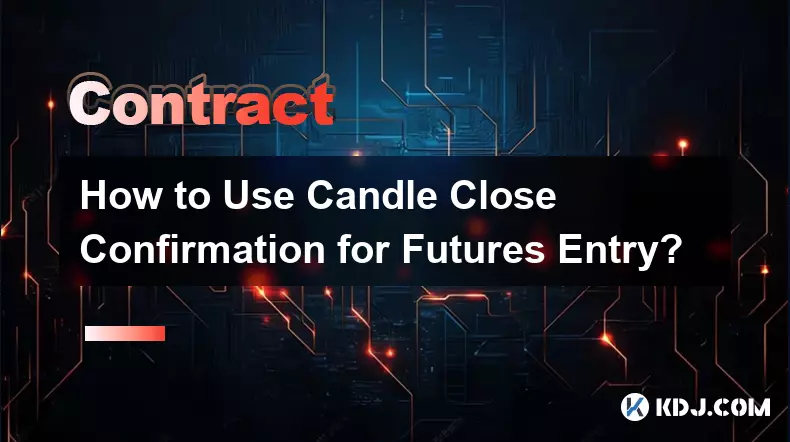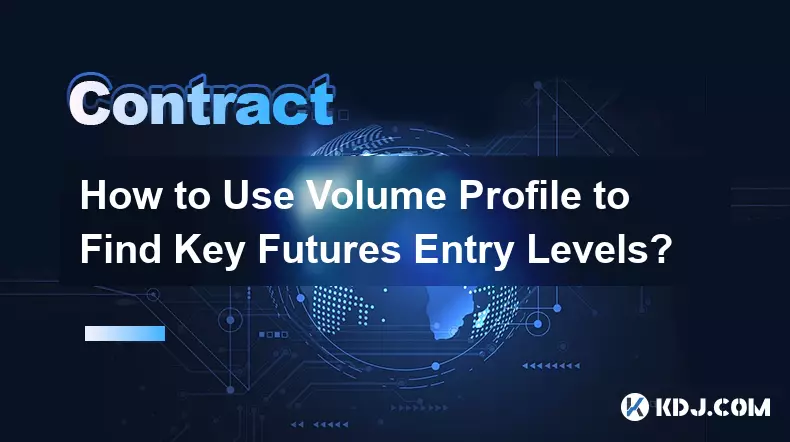-
 bitcoin
bitcoin $87959.907984 USD
1.34% -
 ethereum
ethereum $2920.497338 USD
3.04% -
 tether
tether $0.999775 USD
0.00% -
 xrp
xrp $2.237324 USD
8.12% -
 bnb
bnb $860.243768 USD
0.90% -
 solana
solana $138.089498 USD
5.43% -
 usd-coin
usd-coin $0.999807 USD
0.01% -
 tron
tron $0.272801 USD
-1.53% -
 dogecoin
dogecoin $0.150904 USD
2.96% -
 cardano
cardano $0.421635 USD
1.97% -
 hyperliquid
hyperliquid $32.152445 USD
2.23% -
 bitcoin-cash
bitcoin-cash $533.301069 USD
-1.94% -
 chainlink
chainlink $12.953417 USD
2.68% -
 unus-sed-leo
unus-sed-leo $9.535951 USD
0.73% -
 zcash
zcash $521.483386 USD
-2.87%
How to open high-multiple contracts on Bitfinex
To maximize profits, traders can utilize high-multiple contracts on Bitfinex, which multiply potential returns and losses with specified multipliers.
Nov 20, 2024 at 08:04 am

Bitfinex, one of the leading cryptocurrency exchanges, offers sophisticated trading options, including high-multiple contracts. These contracts allow traders to multiply their potential profits (or losses) by a specified amount, amplifying the volatility of the underlying asset.
Opening high-multiple contracts on Bitfinex involves several steps that require careful navigation and understanding of the platform's features. Here's a detailed guide to assist you in this process:
1. Understand the TerminologyBefore delving into the trading process, it's crucial to familiarize yourself with key terms related to high-multiple contracts:
- Multiplier: A number that indicates the multiple by which the contract value will be multiplied. For instance, a contract with a multiplier of x10 will amplify the potential profit or loss by tenfold.
- Initial Margin: The minimum amount required in your trading account to open a position. This margin acts as collateral to cover potential losses.
- Maintenance Margin: The minimum margin required to maintain an open position. If the account balance falls below the maintenance margin, the position may be liquidated to cover losses.
To trade high-multiple contracts, you need to enable margin trading on your Bitfinex account. Navigate to the "Funding" tab and click on "Margin Trading." Carefully review the terms and conditions and agree to them to activate margin trading.
3. Choose a Trading PairBitfinex offers high-multiple contracts on various cryptocurrencies. Select the trading pair you wish to trade, considering market conditions and your risk tolerance. For example, you could opt for a BTC/USD high-multiple contract.
4. Place an OrderOnce you've selected the trading pair, access the "Order Form" on the right-hand side of the screen. Choose "Margin" as the trading mode and specify the following parameters:
- Type of Order: Select "Limit" for precise execution or "Market" for immediate execution.
- Order Side: Choose "Buy" to open a long position or "Sell" to open a short position.
- Multiplier: Enter the desired multiplier for the contract.
- Amount: Specify the number of units you wish to purchase or sell.
- Price: Set the limit price for a limit order or accept the current market price for a market order.
Carefully review the details of your order, including the type, side, multiplier, amount, and price. Ensure that you have sufficient funds in your account to cover the initial margin and potential losses. Once satisfied, click on the "Submit Order" button to execute the trade.
6. Monitor Your PositionAfter your order is filled, you can track its status in the "Positions" tab. Monitor market movements and adjust your position as necessary based on your trading strategy. Be aware of the maintenance margin requirements to avoid liquidation.
7. Close the PositionWhen you're ready to close your high-multiple contract, navigate to the "Positions" tab and locate the open position. Click on the "Close" button and confirm the action. The contract will be closed, and any profit or loss realized will be credited or debited to your trading account.
Disclaimer:info@kdj.com
The information provided is not trading advice. kdj.com does not assume any responsibility for any investments made based on the information provided in this article. Cryptocurrencies are highly volatile and it is highly recommended that you invest with caution after thorough research!
If you believe that the content used on this website infringes your copyright, please contact us immediately (info@kdj.com) and we will delete it promptly.
- Vitalik Buterin Rethinks Ethereum's L2 Chains: A New Era for Scalability and Privacy?
- 2026-02-05 22:20:01
- Espresso's Tokenomics Unveiled, Coinbase Roadmap Sparks Interest, and a Look at Modern Tokenomics
- 2026-02-05 22:15:01
- UBS Embraces Crypto and Bitcoin: A Strategic Pivot Towards Tokenization
- 2026-02-05 22:25:01
- Bitcoin Crash Triggers Altcoin Rotation: Navigating Investment Amidst Crypto Volatility
- 2026-02-05 22:20:01
- Crypto Crossroads: Big Bets, Bitter Losses, and Evolving Bitcoin Strategies
- 2026-02-05 22:15:01
- Digital Assets Go Big: London Forum Hails Stablecoin Surge and Institutional Onslaught
- 2026-02-05 22:10:02
Related knowledge

How to Manage Emotions and "Revenge Trading" in Futures?
Feb 05,2026 at 12:19am
Understanding Emotional Triggers in Futures Markets1. Market volatility directly impacts psychological states, often amplifying fear or euphoria based...

How to Use Candle Close Confirmation for Futures Entry?
Feb 05,2026 at 04:20pm
Understanding Candle Close Confirmation1. A candle close confirmation occurs when the final price of a candlestick settles beyond a predefined level, ...

How to Master "Position Sizing" to Prevent Total Account Wipeout?
Feb 06,2026 at 12:00am
Market Volatility Patterns1. Bitcoin price swings often exceed 10% within a 24-hour window during high-liquidity events such as ETF approval announcem...

How to Analyze Market Sentiment Using the Fear and Greed Index?
Feb 05,2026 at 07:40am
Understanding the Fear and Greed Index1. The Fear and Greed Index is a composite metric designed to quantify prevailing emotional states among cryptoc...

How to Secure Your Futures Account with Anti-Phishing Codes?
Feb 05,2026 at 08:40pm
Understanding Anti-Phishing Codes in Crypto Futures Trading1. Anti-phishing codes are unique alphanumeric strings generated by futures exchanges to au...

How to Use Volume Profile to Find Key Futures Entry Levels?
Feb 04,2026 at 11:39pm
Understanding Volume Profile Structure1. Volume Profile displays the distribution of traded volume at specific price levels over a defined time period...

How to Manage Emotions and "Revenge Trading" in Futures?
Feb 05,2026 at 12:19am
Understanding Emotional Triggers in Futures Markets1. Market volatility directly impacts psychological states, often amplifying fear or euphoria based...

How to Use Candle Close Confirmation for Futures Entry?
Feb 05,2026 at 04:20pm
Understanding Candle Close Confirmation1. A candle close confirmation occurs when the final price of a candlestick settles beyond a predefined level, ...

How to Master "Position Sizing" to Prevent Total Account Wipeout?
Feb 06,2026 at 12:00am
Market Volatility Patterns1. Bitcoin price swings often exceed 10% within a 24-hour window during high-liquidity events such as ETF approval announcem...

How to Analyze Market Sentiment Using the Fear and Greed Index?
Feb 05,2026 at 07:40am
Understanding the Fear and Greed Index1. The Fear and Greed Index is a composite metric designed to quantify prevailing emotional states among cryptoc...

How to Secure Your Futures Account with Anti-Phishing Codes?
Feb 05,2026 at 08:40pm
Understanding Anti-Phishing Codes in Crypto Futures Trading1. Anti-phishing codes are unique alphanumeric strings generated by futures exchanges to au...

How to Use Volume Profile to Find Key Futures Entry Levels?
Feb 04,2026 at 11:39pm
Understanding Volume Profile Structure1. Volume Profile displays the distribution of traded volume at specific price levels over a defined time period...
See all articles























![[Geometry Dash - Power Gauntlet] Rush by DHaner (with coin) [Geometry Dash - Power Gauntlet] Rush by DHaner (with coin)](/uploads/2026/02/05/cryptocurrencies-news/videos/origin_6984a77c2dcad_image_500_375.webp)


















































